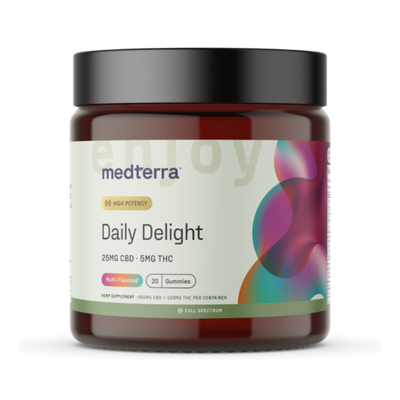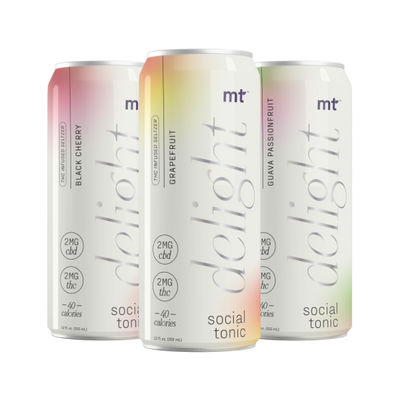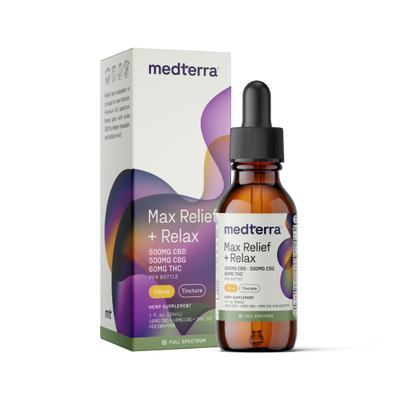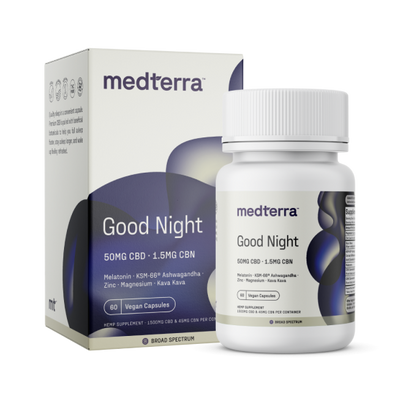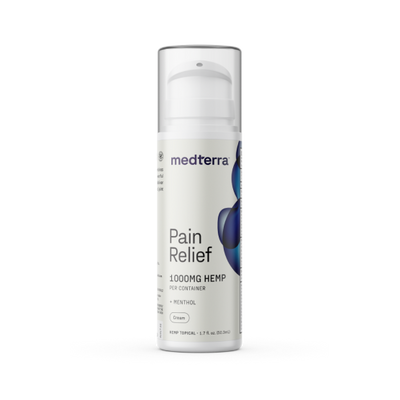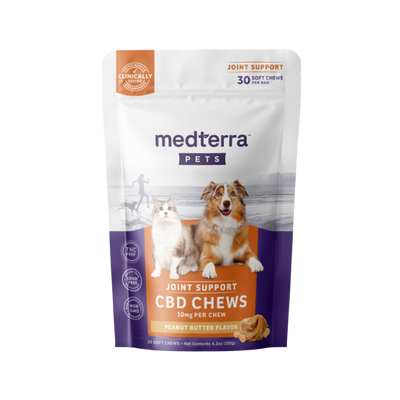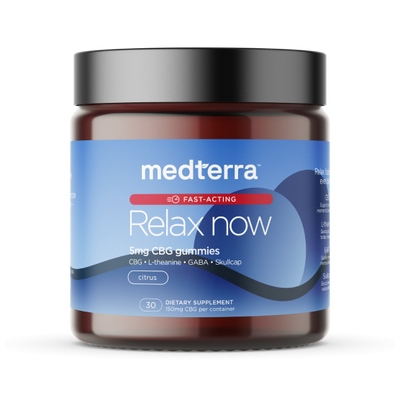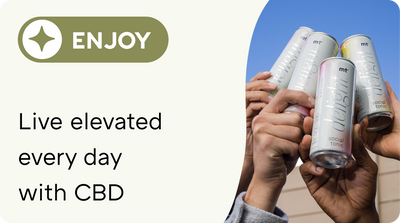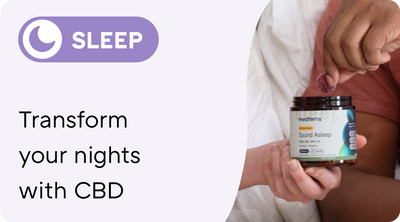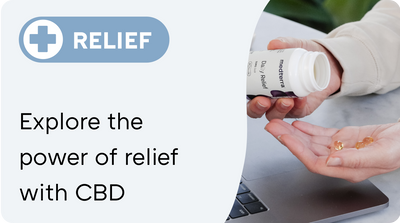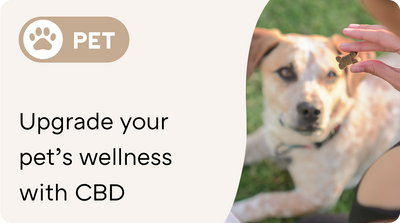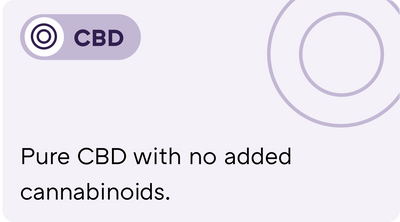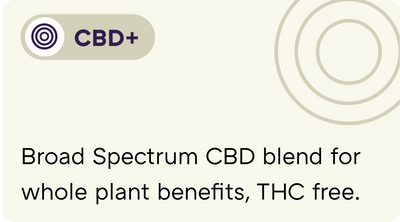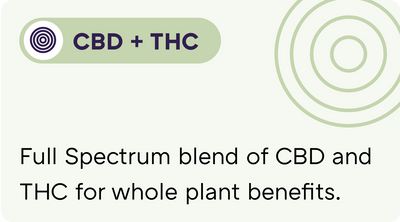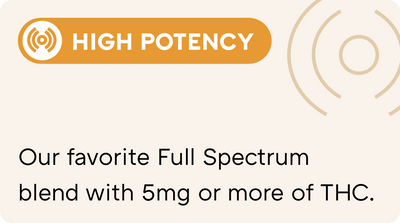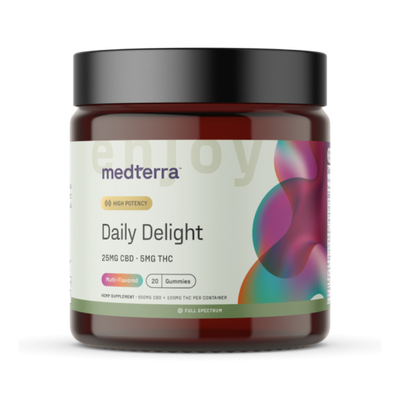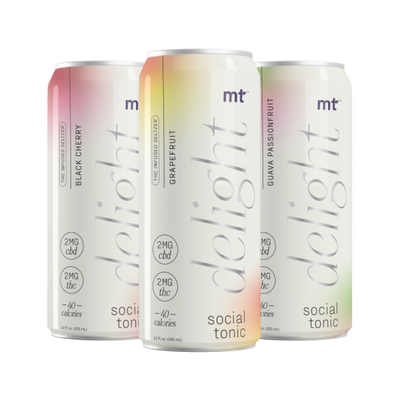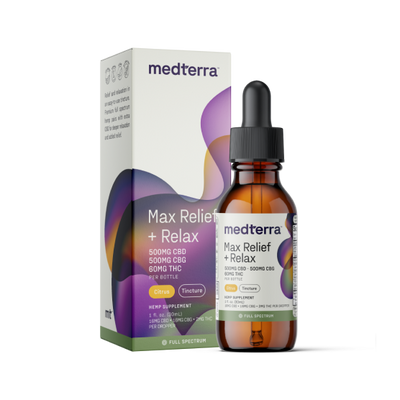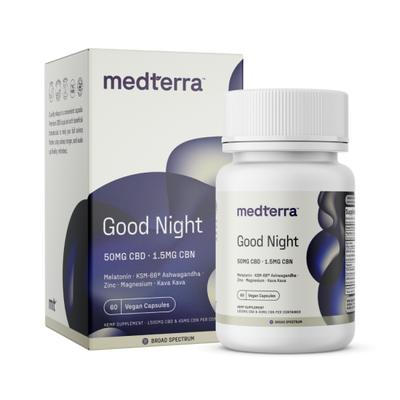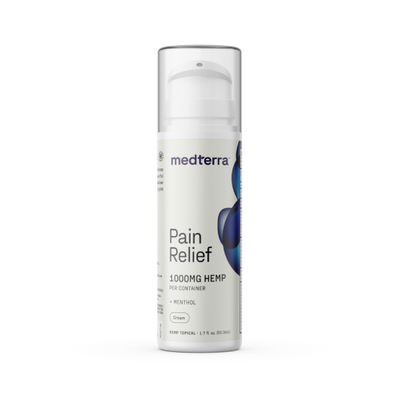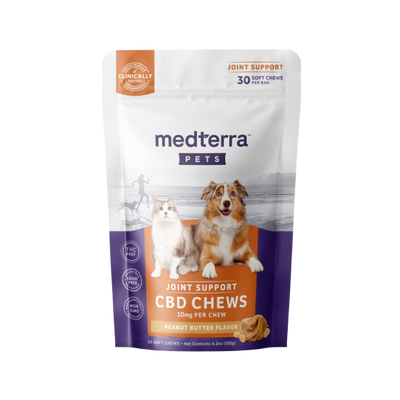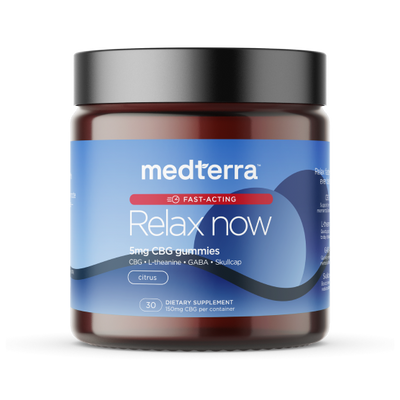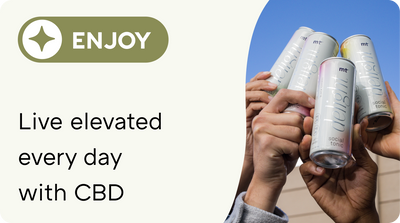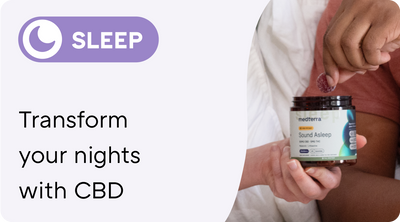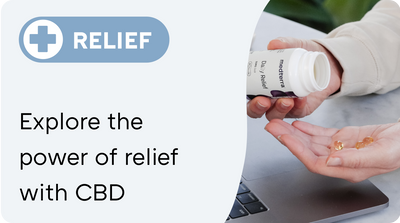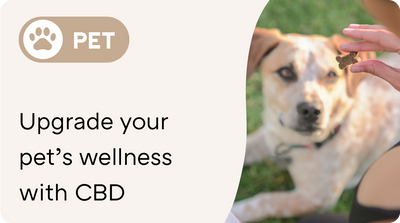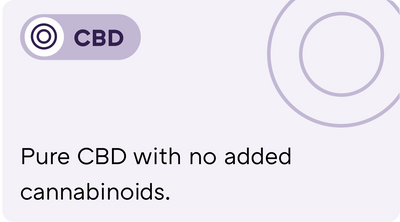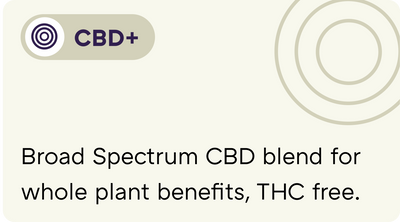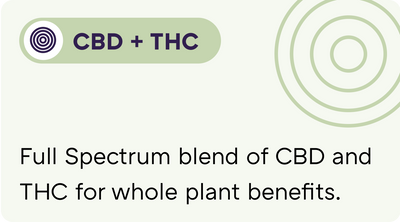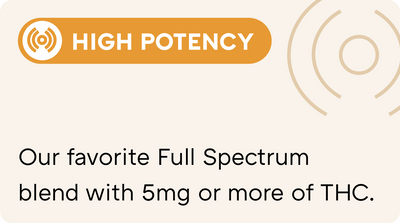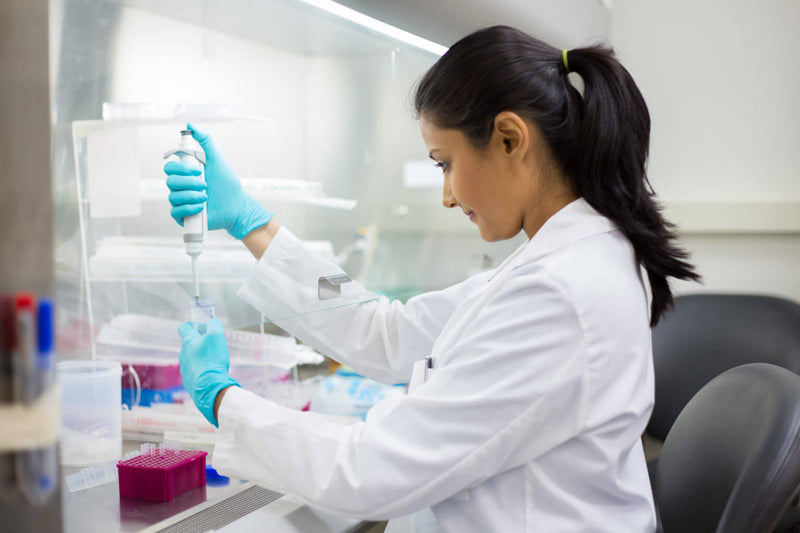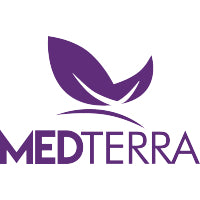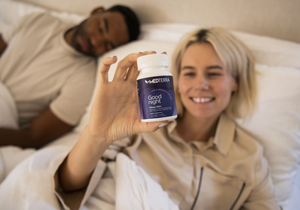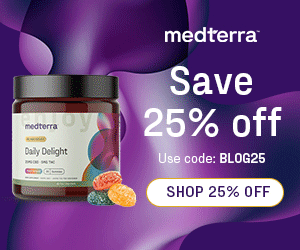Lab testing is basically the final stamp of approval that can be given to a CBD product.
Despite its importance, many customers shy away from learning anything about CBD testing or how it works, probably because they think it’s too complex or sciencey.
Fear not, however: in the article we’ll be making lab results, also called certificates of analysis, as simple as possible. Keep reading to learn more.
- Buyer beware: why not all CBD is created equal
- COA’s: the golden standard of lab testing
- Why we make our COA’s publicly available
- Other things to look for in CBD products
Buyer beware: why not all CBD is created equal
Rpaid growth has its pros and cons. On the bright side, after the passing of the 2018 US Farm Bill, ultra-premium CBD products like Medterra are available in all 50 states, and US-based CBD companies are now supplying their stuff to customers around the globe.
On the less bright side, CBD’s boom has also given way to lots of low-quality CBD products. Some companies’ prioritization of profits over people means that a lot of questionable CBD products are mixed in amongst the market’s good ones. A 2017 study found that up to 70% of all retail CBD was dramatically mislabeled. Here are some of the specifics, in the author’s own words: [1]
- “[...] A wide range of CBD concentrations was found, consistent with the lack of an accepted dose. Of tested products, 26% contained less CBD than labeled, which could negate any potential clinical response.”
- “The overlabeling of CBD products in this study [...] that there is a continued need for federal and state regulatory agencies to take steps to ensure label accuracy of these consumer products.”
- CBD products are also commonly underlabeled. “Underlabeling is less concerning as CBD appears to neither have abuse liability nor serious adverse consequences at high doses; however, the THC content observed may be sufficient to produce intoxication or impairment, especially among children.”
Speaking to Science Daily, study lead Marcel Bonnie-Miller explains why this is so serious. "The big problem [...] is that the needed quality assurance oversight from the Food and Drug Administration is not available. There are currently no standards for producing, testing, or labeling these [CBD] oils," she explains.
"[...] If you buy a Hershey bar, you know it has been checked over; you know how many calories are in it, you know it has chocolate as an ingredient, you know how much chocolate is in there. Selling these oils without oversight, there is no way to know what is actually in the bottle. It's crazy to have less oversight and information about a product being widely used for medicinal purposes, especially in very ill children, than a Hershey bar." [2]
COA’s: the golden standard of lab testing
The solution for these unpredictable quality issues? Lab testing. Lab testing is probably the biggest prerequisite when it comes to ensuring a CBD product’s quality. Without it, all the marketing hype in the world is meaningless...with it, everything else just falls into place.
At Medterra all of our CBD products are extensively lab tested before being deemed suitable for customers. They undergo both in-house and third-party lab tests before anything gets sold.
And when it comes to lab testing, one type of test stands apart from the rest. This type is referred to as a certificate of analysis (COA) — and it virtually guarantees that the products involved are safe, pure, and effective.
The COA’s done by leading analytical labs typically test for:
- CBD content: does the product contain as much CBD as it’s supposed to?
- THC content: is the product under the legal limit of 0.3% THC? If the product is purported to be broad spectrum or CBD isolate, is it entirely free from THC?
- Mold/mycotoxin content: it the product free from mold or mildew, implying that it came from premium hemp?
- Solvent content: is the product free from residual solvents, or was it improperly extracted?
Why we make our COA’s publicly available
Some CBD companies keep their COA’s close to their chests by making them available only to consumers who actually buy their products. At Medterra, however, we do things differently. Our COA’s are available to anyone, whether one has already bought a product or not! Check them out for yourself here.
Why do we do things this way? Because transparency is everything. You shouldn’t have to buy a product to know exactly what’s in it — you should be able to access this info before you buy, too. Our transparency initiative was created to ensure that consumers and regulatory bodies can clearly access all the product information they need.
Where to find product COA’s
All of our products contain a QR code on the back of their label. This scannable code links to a product-specific landing page that includes everything you need to know about that particular product, including its batch number, its ingredients, and the quality control methods that went into making it. Here’s a full list of what Medterra’s COA’s include:
Active ingredients tested via mass spectrometry:
- CBDVa
- CBDa
- CBGa
- CBG
- CBD
- THCv
- CBN
- Delta 9-THC
- Delta 8-THC
- THCa
- CBC
- THCVa
- CBNa
- CBCA
- CBL
- Total CBD
- THC
- THCa
- Total THC
Bad ingredients tested via mass spectrometry — our products don’t contain these:
- Category I Residual Solvents
- Category 2 Residual Solvents
- Processing Chemicals
- Pesticide residues
The one thing our product COA’s don’t include is herbicide testing. That’s because they’ve already been tested for glyphosate and other herbicides under the Kentucky Department of Agriculture's organic farming practices.
Other things to look for in CBD products
Now that we’ve covered the importance of COA’s, let’s take a quick overview of a few other things to look for in CBD products. Before you buy a product, you may want to ask yourself the following:
- Does it adhere to other generally-accepted best production practices?
- Is it approved by The U.S. Hemp Authority® Certification Program?
- Does it contain an intentional ratio of CBD to other cannabinoids?
- Does it have consistently good reviews from real customers?
- Is it backed by an experienced medical review board?
- Is it full spectrum, broad spectrum, or isolate?
Summing things up
Any good CBD product should be backed by an equally good lab test panel, or COA. At Medterra we make the COA’s for all our products available online. You can check them out for yourself here.
Why do this? Because we know our customers (and future customers!) value transparency and trust. CBD is too powerful to be treated lightly, after all.


